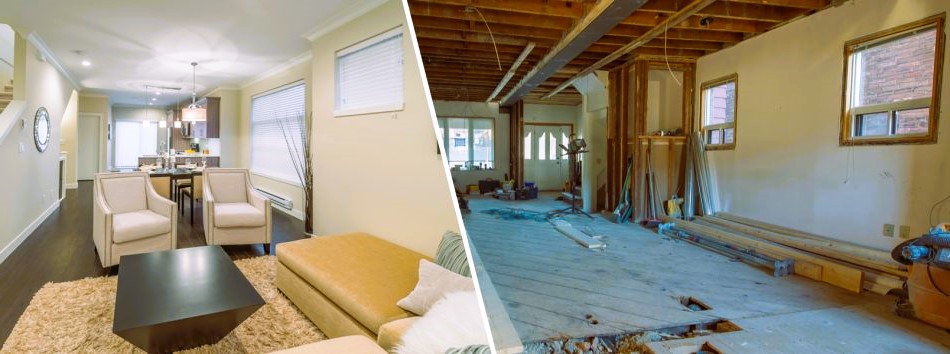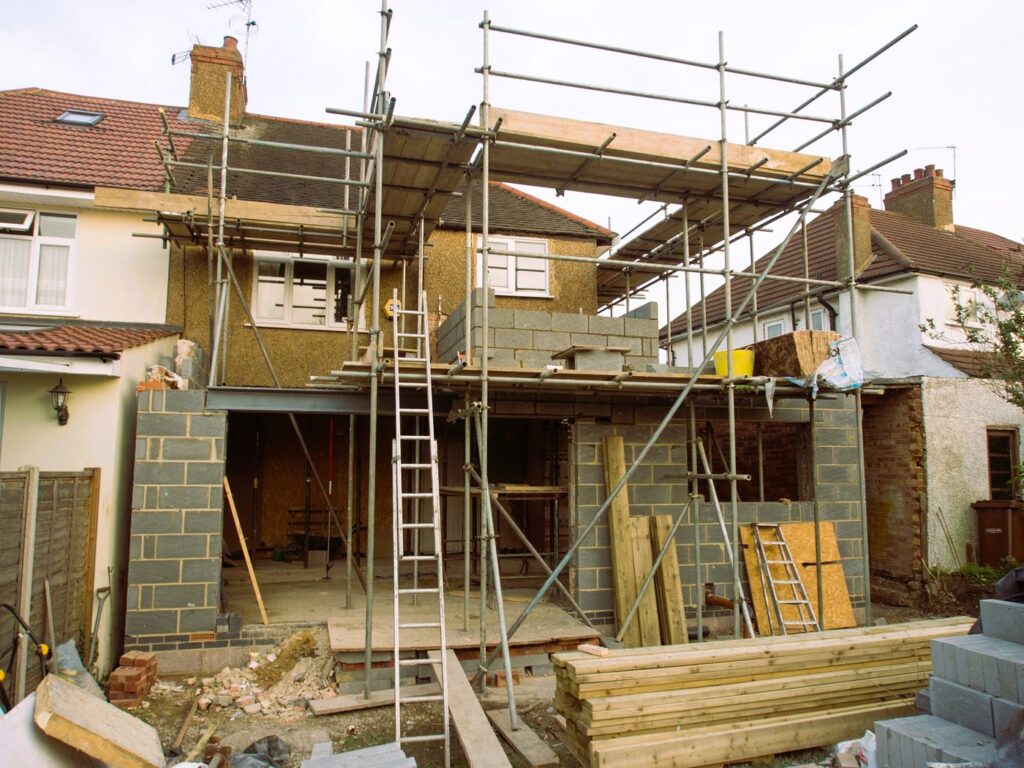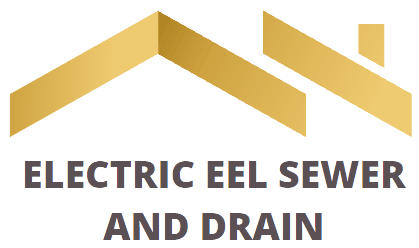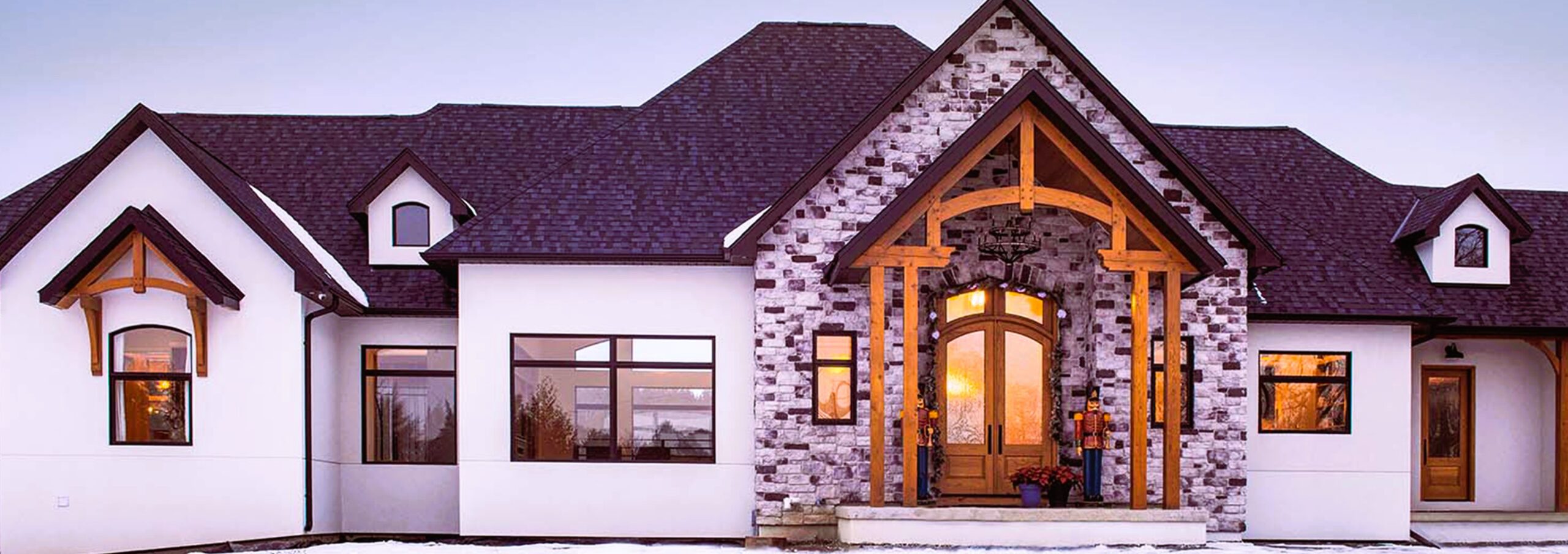Renovating and remodeling your home is an exciting venture that can enhance its aesthetics, functionality, and value. However, it is essential to navigate the process with proper permits, adhere to regulations, and follow best practices to ensure a successful and compliant project. In this article, we will explore the importance of permits, regulations, and best practices when renovating and remodeling your home in Canada.
Permits and Regulations:
- Building Permits: Before starting any significant renovation or remodeling project, it is crucial to determine if you need a building permit. Building permits are required for structural changes, additions, electrical and plumbing work, changes to the home’s envelope, and other modifications that impact the safety and integrity of the building. Contact your local municipality or building department to find out the specific permit requirements for your project.
- Electrical and Plumbing Permits: If your renovation involves electrical or plumbing work, separate permits may be necessary. Electrical permits are required for adding or modifying electrical circuits, installing new fixtures, or upgrading the electrical system. Similarly, plumbing permits are needed for changes to the plumbing system, including adding or moving plumbing fixtures, replacing water heaters, or modifying piping.
- Heritage Designation: If your home has a heritage designation, additional regulations and permits may apply. Heritage homes often require specialized permits and approval from heritage boards or committees to ensure that any modifications or renovations maintain the historical integrity of the property. Consult with your local heritage authority to understand the specific requirements and restrictions. Like the article? Read also about the role of breakers in electrics.
- Energy Efficiency Standards: Canada has stringent energy efficiency standards that may affect your renovation or remodeling project. These standards aim to reduce energy consumption and greenhouse gas emissions. It is important to be aware of energy efficiency requirements and consider incorporating energy-efficient features and materials into your project. Visit Natural Resources Canada’s website for information on energy efficiency standards and incentives.

Best Practices:
- Hiring Qualified Professionals: Engaging qualified professionals is vital for a successful renovation or remodeling project. Architects, designers, contractors, and tradespeople with relevant experience and expertise can provide valuable guidance, ensure compliance with regulations, and deliver high-quality workmanship. Ask for referrals, check references, and verify certifications or licenses when selecting professionals for your project.
- Budgeting and Planning: Develop a realistic budget and comprehensive plan before starting your project. Consider all aspects, including design, materials, labor costs, permits, and contingencies. Planning ahead will help you avoid delays, unexpected expenses, and potential disruptions during the renovation process.
- Sustainable and Eco-Friendly Practices: Incorporating sustainable and eco-friendly practices into your renovation can have long-term benefits. Consider using environmentally friendly materials, optimizing energy efficiency, and implementing water-saving measures. These practices can reduce your environmental footprint and contribute to long-term cost savings.
- Safety and Quality: Prioritize safety throughout the renovation process. Ensure that contractors and workers adhere to safety protocols, use proper protective equipment, and follow industry best practices. Emphasize the importance of quality workmanship to ensure that the renovated spaces are durable, safe, and meet your expectations.
- Communication and Documentation: Maintain clear and open communication with all stakeholders involved in the project. Regularly communicate with contractors, designers, and tradespeople to address any concerns, changes, or updates. Keep a record of all documentation, including contracts, permits, change orders, and invoices, to have a comprehensive record of the project.

For more information on home renovation permits, regulations, and best practices in Canada, the following resources can provide additional guidance:
- Wikipedia page on “Construction permit”: Link
These resources offer detailed insights into permit requirements, building codes, and renovation guidelines specific to Canada.
In conclusion, renovating and remodeling your home in Canada requires careful consideration of permits, regulations, and best practices. Obtaining the necessary permits, complying with building codes and energy efficiency standards, and following best practices ensure a successful and compliant project. By adhering to these guidelines, hiring qualified professionals, and emphasizing safety and quality, you can transform your home while maintaining the integrity of the structure and meeting your objectives.

